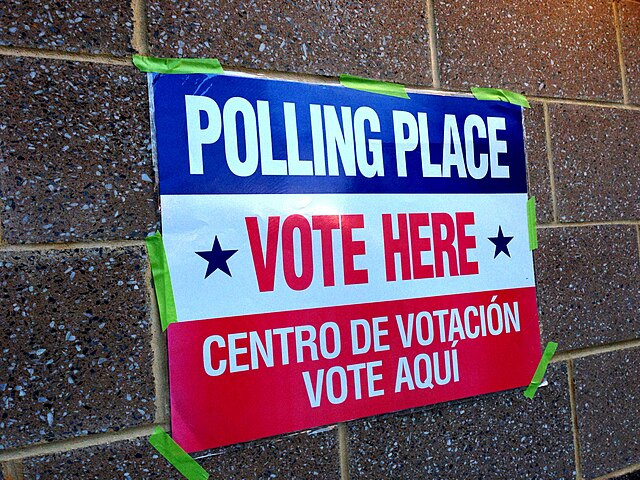Federal judges ruled this week to permit Department of Justice (DOJ) lawyers to monitor polling sites in Texas and Missouri for compliance with voting rights laws on Election Day, rejecting attempts by officials in both Republican-led states to block the federal monitors. The decisions, issued on the eve of the presidential election, come amid a contentious political atmosphere as DOJ expands its monitoring across 27 states.
The Justice Department's monitoring initiative, announced on November 1, aims to ensure adherence to federal voting laws in 86 jurisdictions, including eight counties in Texas and one city in Missouri. Texas Attorney General Ken Paxton and Missouri Attorney General Andrew Bailey filed last-minute lawsuits, contending that federal monitors would "displace state election authorities" and interfere with state sovereignty over election management.
Judge Sarah Pitlyk of Missouri denied the state's request for a restraining order on Monday, stating that Missouri's arguments were largely speculative. In her ruling, Pitlyk emphasized that the DOJ monitors were limited to a single polling site in St. Louis as part of a 2021 settlement agreement addressing accessibility issues under the Americans with Disabilities Act (ADA). "The expected harm is monitoring by two individuals at one polling place to ensure compliance with the ADA," she noted, adding that federal monitors had been present previously without incident.
In Texas, U.S. District Judge Matthew Kacsmaryk ruled similarly, denying the state's motion for a restraining order while directing the DOJ to clarify the distinction between "monitoring" and "observing" in its role at polling sites. Texas, led by Paxton, had argued that federal presence constituted "lawless intimidation" and contended that DOJ monitors would violate Texas election law by entering polling sites.
An agreement was reached between Texas and DOJ before Kacsmaryk issued his ruling, with both parties consenting that federal monitors would remain outside polling and central count facilities. The DOJ acknowledged that its monitors would comply with Texas law, which restricts electioneering within 100 feet of polling locations, and affirmed that they would not interfere with voters. In a statement, Paxton called the agreement a "victory" that ensures DOJ monitors cannot "enter Texas election locations."
Under the agreement, DOJ monitors will remain outside polling sites and are permitted to interact with voters only in designated areas, allowing federal oversight while adhering to state-specific protocols. DOJ monitors will assess compliance with federal voting rights laws, including the Voting Rights Act, National Voter Registration Act, and Americans with Disabilities Act.
The legal challenges reflect heightened scrutiny of voting processes and the balance of federal oversight against state autonomy. Missouri, which sought to block federal monitors from a single polling site in St. Louis, had argued that DOJ's presence would interfere with state control over elections. The DOJ, however, cited a prior settlement agreement that grants it the right to monitor ADA compliance at that site.
DOJ's planned monitoring comes as federal authorities aim to curb potential voter intimidation and ensure equitable access to voting. The department's presence extends across 27 states, including several battlegrounds such as Arizona, Georgia, and Pennsylvania, but also includes non-swing states like Texas and Missouri. DOJ's role, as clarified in the court filings, involves monitoring compliance with federal laws rather than directly intervening in state election processes.
The debate over election oversight has been exacerbated by ongoing political tensions. Paxton, a close ally of former President Donald Trump, has been vocal in challenging federal oversight and has frequently filed lawsuits related to voting. In a recent legal action, Paxton's office sued the Department of Homeland Security, claiming it failed to provide verification of Texas voters' citizenship status. His office has also pursued legal action against various Texas counties, accusing them of unlawfully registering voters, which he argues could lead to election fraud.
Missouri's Attorney General Andrew Bailey similarly opposed DOJ's involvement, arguing that federal monitors would disrupt local election authority. However, Judge Pitlyk's ruling underscored that DOJ's involvement in Missouri was narrowly confined to monitoring ADA compliance under an existing settlement and posed no significant interference with Missouri's election oversight.






